|
Education is often considered a bridge, but what really came into focus in 2020 is how both schools and post-secondary institutions are hubs that structure Canadian society. Education policy shapes not only individual lives but group identities, future wellness and prosperity and how our country envisions inhabiting the planet.
This past year the Education Desk published 150 articles by 231 authors. Many of the biggest stories of the year were about the future of schools and universities during the pandemic. Some authors provided critical perspectives about how we understand emergencies, both by talking about disaster management and by centering the urgency of long-term struggles to eradicate systemic racism in education and
decolonizing school.
Classroom technology in an age of privatization and teachers as front-line workers were big issues. It was surreal to cover early winter protests over mandatory online learning only to see a massive global move online due to COVID-19 shortly after. Authors who spotlit children’s rights challenged adults to rethink pandemic planning priorities.
We continued to cover how education intersects with our environmental crisis and the critical Canadian issue of the legacies of residential schools.
Enjoy your holidays and see you soon.
|
The Year in Education
|
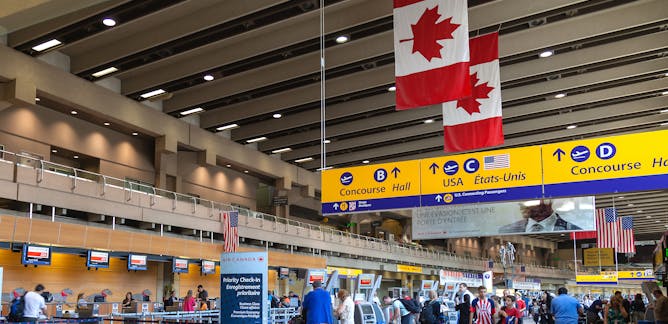
Carlo Handy Charles, McMaster University
Canada's decisions about its border closures prompt us to reflect on how we should apply measures of social distancing that are not harmful to others and that still protect human dignity.
| |
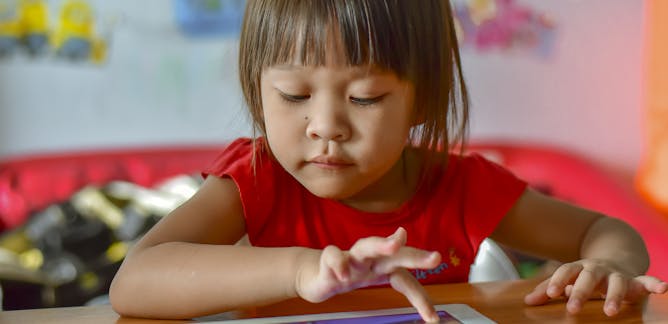
Emis Akbari, University of Toronto
Remote contact with families in the coronavirus emergency is critical, but learning on a screen is not how young children will gain the foundational and developmental skills they need.
|
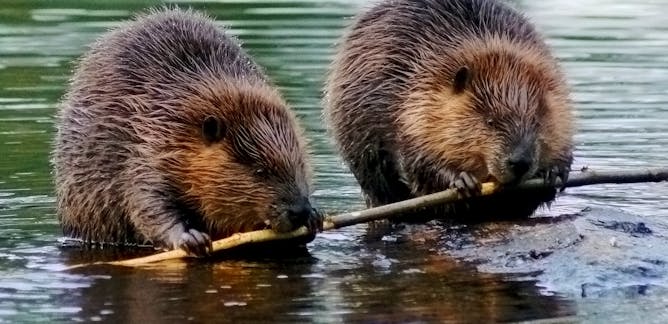
Dwayne Donald, University of Alberta
Leaked curriculum drafts in Alberta show a desire to revive old colonial myths. To face today's challenges, we need stories that teach how humans are related to each other and to all life forms.
| |
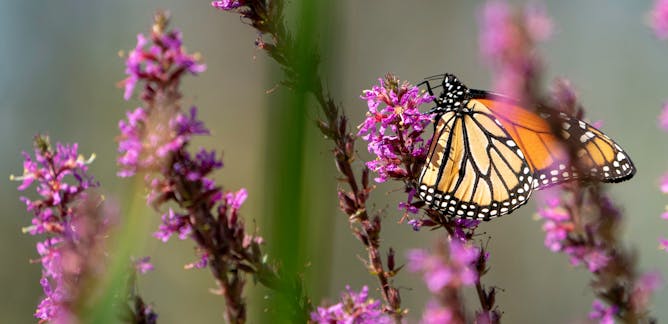
Blane Harvey, McGill University; Emily Diane Sprowls, McGill University; Ying-Syuan (Elaine) Huang, McGill University
Picture this change: Through collaborative garden networks, teachers, schools, children, community partners and universities inspire real learning and transformation for a more sustainable world.
|
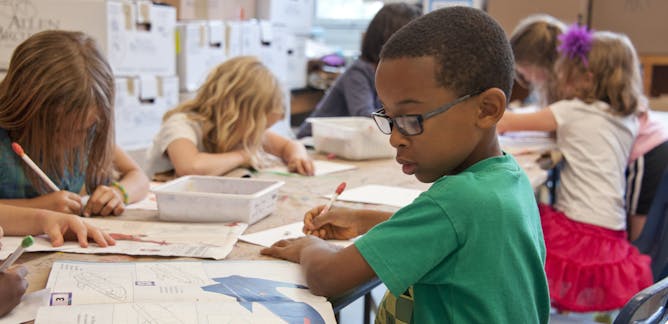
Carl James, York University, Canada
If Ontario's de-streaming of high schools isn't accompanied with other efforts to address cultural norms and values, streaming in many other forms and guises will continue.
| |
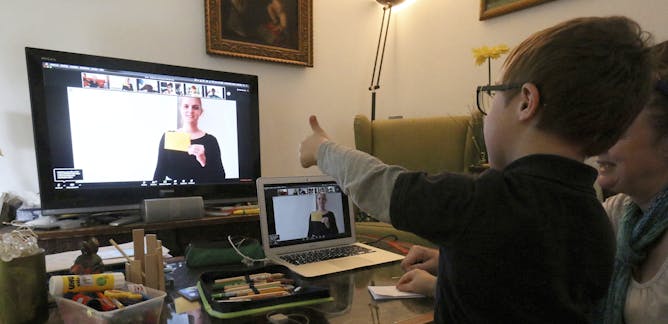
Julie C. Garlen, Carleton University
These are difficult and dire times, but holding on to the myth of childhood innocence won't make this crisis any easier.
|
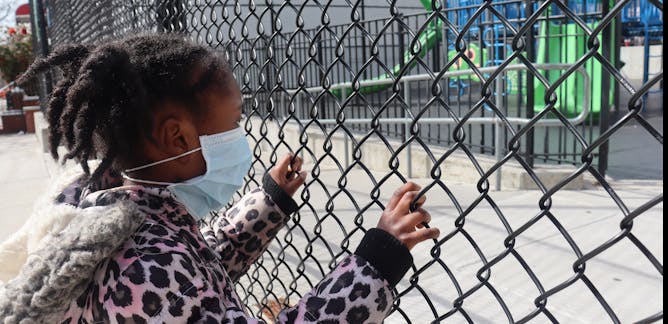
Lauren McNamara, Ryerson University; Pasi Sahlberg, UNSW
Global experts in child development say recess will be critical for children’s well-being when schools reopen, so education authorities should see planning recess as a high priority.
| |
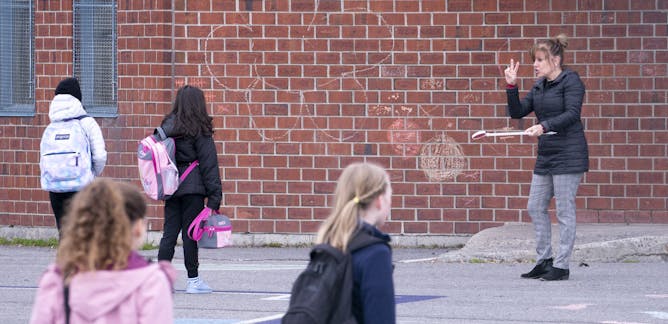
Laura Sokal, University of Winnipeg; Jeff Babb, University of Winnipeg; Lesley Eblie Trudel, University of Winnipeg
A cross-Canada survey of teachers shows teachers say one of the most stressful aspects of their jobs now is their concern for vulnerable students.
|
|
|